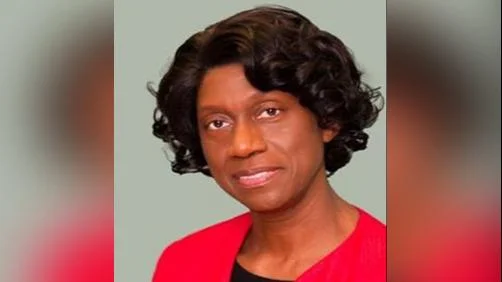
Victoria Thomas Administrative Director | Albert Shanker Institute
In 1975, the Individuals with Disabilities Education Act (IDEA) was enacted by Congress to ensure students with disabilities receive a free and appropriate education. This legislation was passed by the US House and Senate and signed into law by President Gerald Ford.
Recently, the US House Ways & Means Committee marked up a budget reconciliation bill that includes a $20 billion proposal under the Educational Choice for Children Act (ECCA). This proposal aims to divert public funds to private schools. Despite new language about protections for students with disabilities, advocacy groups argue these are insufficient. The National Center for Learning Disabilities, Council for Exceptional Children, Center for Learner Equity, and The Arc of the United States oppose this bill.
The ECCA is expected to fund private school tuition for about one million children at $5 billion annually. In contrast, IDEA serves 7.5 million children with $14.6 billion in federal funding each year, averaging less than $2000 per child. This funding level represents about 10% of average per-pupil expenditures. Critics argue that instead of fully funding IDEA, Congress is choosing to fund vouchers benefiting wealthier families rather than investing in students with disabilities who primarily attend public schools.
Concerns include potential discrimination against students with disabilities if this bill passes. Parents may not realize that accepting vouchers could jeopardize their children's rights under IDEA, such as being educated in the least restrictive environment or having access to parental rights like dispute resolution and due process.
The bill does not address protections under Section 504 of the Rehabilitation Act or the Americans with Disabilities Act from which private religious schools are exempt.
Advocacy groups have voiced strong opposition to this proposal when it was marked up by the committee last week. They urge Congress to reject the voucher provision as it undermines access and rights for millions of children with disabilities.



 Alerts Sign-up
Alerts Sign-up